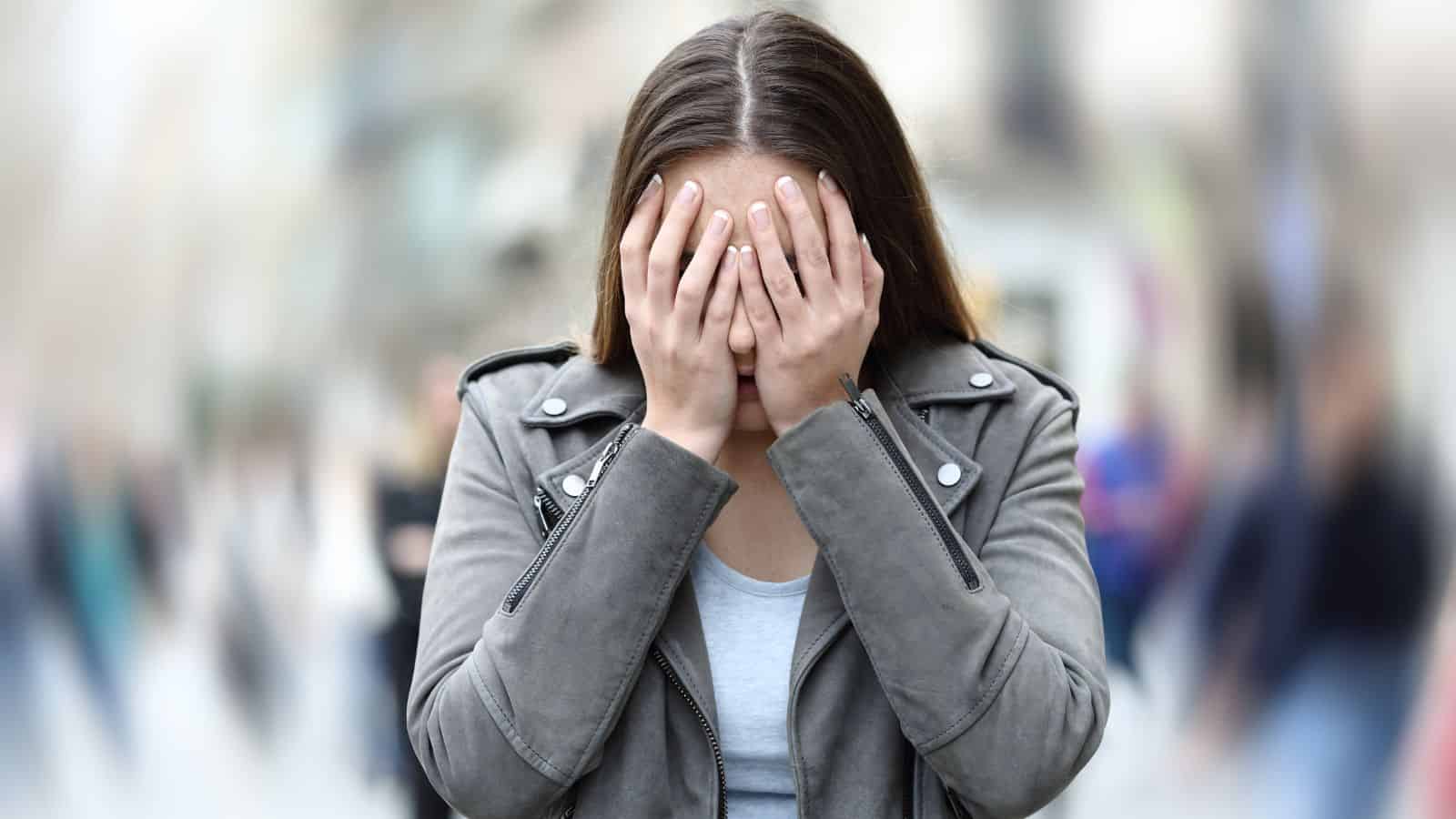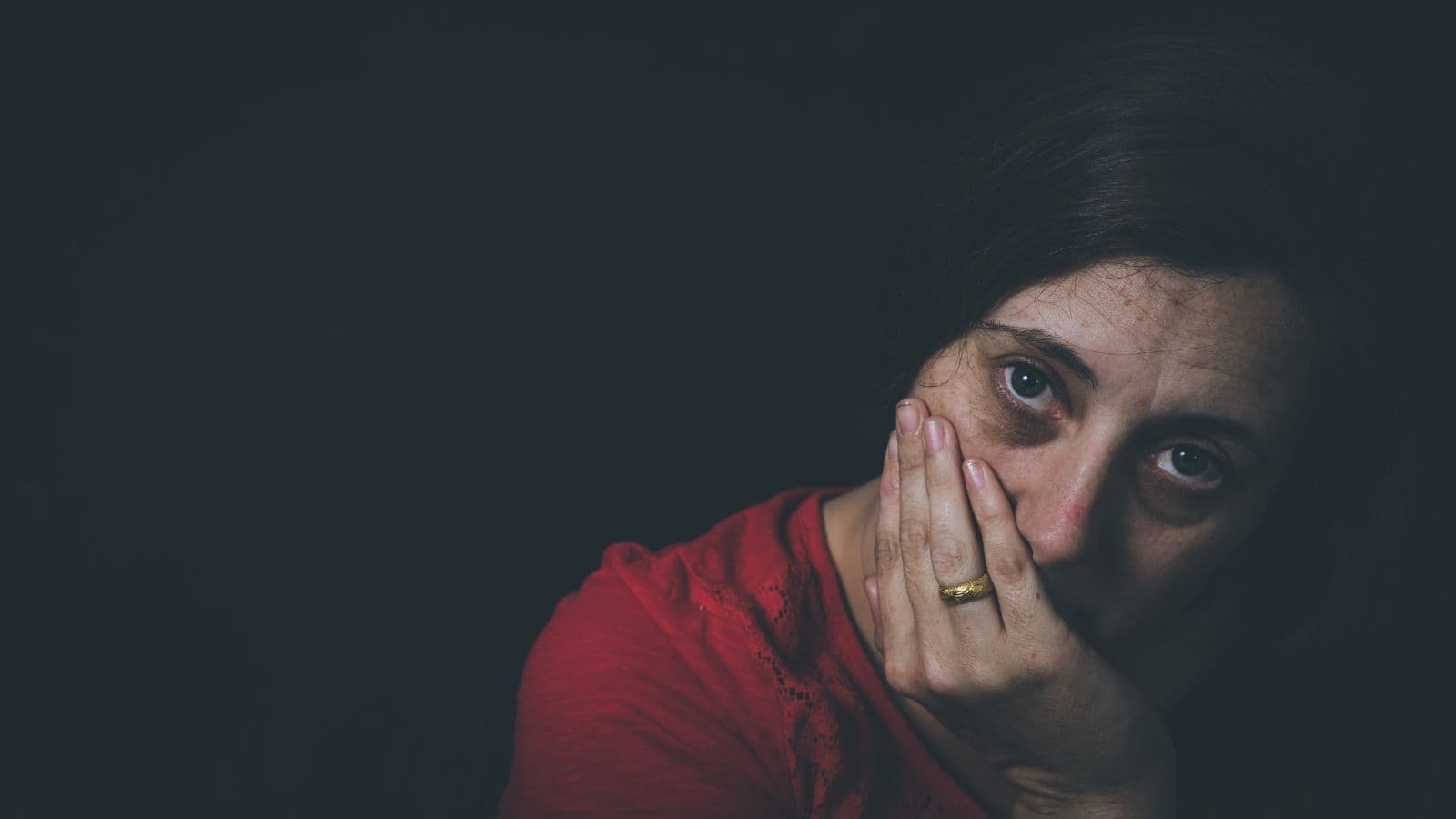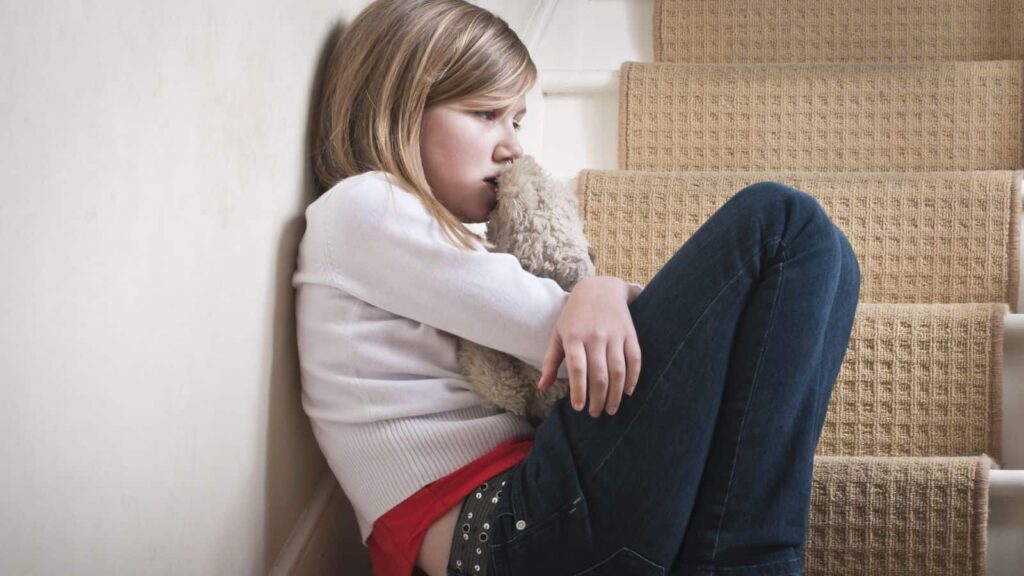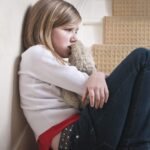Navigating adulthood is tricky for everyone, but for those who have suffered an emotionally abusive childhood, it can be far more challenging. Today, we explore some problems that adults who once experienced emotional abuse might face, making it easier for you to recognize the signs and seek appropriate help.
Overwhelming Self-Doubt

Sadly, one of the most common symptoms those who were emotionally abused as a child face is a persistent questioning of their abilities and decisions. Because they faced early negative feedback, they tend to self-criticize more than the average person and have difficulty accepting compliments.
Difficulty Forming Attachments

A fear of intimacy and vulnerability with others also makes it difficult for people who had emotionally abusive childhoods to form attachments. These people unfortunately have a tendency to withdraw from relationships to avoid potential hurt and can struggle with maintaining long-term relationships due to trust issues.
Excessive People-Pleasing

As defined by Psychology Today, “The people-pleaser needs to please others for reasons that may include fear of rejection, insecurities, [and] the need to be well-liked.” This type of person will also constantly seek approval and validation from others and may have difficulty setting boundaries due to fear of displeasing people—all stemming from their childhood trauma.
Distorted Self-Image

Some people who suffered emotional abuse as a child experience feelings of worthlessness or feel that they’re unlovable, frequently comparing themselves unfavorably with others. They may also be overly critical of their appearance and achievements, as they didn’t receive praise or encouragement when they were younger.
Heightened Anxiety in Conflict

Does someone you know seem to get extremely stressed or anxious during disagreements or confrontations? This is a clear adult symptom of childhood emotional abuse. This type of person may also avoid conflict due to fear of escalation or rejection and can have physical symptoms of anxiety, like an increased heart rate, during conflicts.
Passive-Aggressive Behavior

An indirect expression of anger and/or discontent is another sign that someone has suffered from an emotionally abusive upbringing. This passive-aggressive resentment can build up due to suppressed anger and the individual may have difficulty addressing any issues directly and healthily.
Hypervigilance

According to Healthline, hypervigilance can be a symptom of mental health conditions such as post-traumatic stress disorder (PTSD) or anxiety disorders, both of which can stem from childhood emotional abuse. This means a person can have constant alertness to potential threats or criticism and difficulty relaxing in social settings.
Fear of Abandonment

Another adult symptom of an emotionally abusive upbringing is the persistent worry that others will leave or reject them. Because of this, people who have suffered may behave clingy in relationships to avoid perceived rejection or will overreact to minor separations or changes in relationship dynamics.
Emotional Numbness

Someone who seems to have a frequent detachment from their feelings may have had a troubled childhood, using dissociation as a coping mechanism from a young age. They may also struggle with identifying and expressing their emotions like other people would.
Disproportionate Guilt and Shame

People who experienced emotional abuse as children may also grow up to feel responsible for things beyond their control. This means they’ll often feel excessive guilt over minor mistakes, and sometimes they’ll even feel ashamed about their background or personal history.
Chronic Indecisiveness

PsychCentral states that difficulty in making decisions can be caused by several factors, such as a fear of failure, a lack of confidence, depression, PTSD, and more. Many of these things unfortunately can stem from childhood emotional abuse. This results in a fear of making the wrong choices or relying excessively on others for guidance.
Avoidance of Emotional Intimacy

Those who have experienced abuse as children also commonly grow up attempting to maintain emotional distance from others to protect themselves from being hurt. You’ll often be able to spot this because they’ll have difficulty sharing their feelings and thoughts even with those close to them, largely preferring superficial relationships.
Perfectionistic Tendencies

Setting unrealistically high standards for themselves is another adult symptom that many sufferers of childhood emotional abuse have. Their fear of failure from their youth can drive compulsive behaviors, causing them to become perfectionists. These individuals also tend to stress over minor imperfections or errors.
Memory Gaps or Distortions

Due to their childhood trauma, many adults have blocked out parts of their lives—such as conversations or even entire events. Even as a grown-up, they can sadly face memory issues related to traumatic events from their childhood and may be confused or uncertain when discussing past events.
Self-Harm or Neglect

Engaging in self-harm behaviors as a coping mechanism is yet another unfortunate adult symptom of childhood abuse, as is neglect. Some adults overlook their personal health, hygiene, or well-being because of their past trauma, or may use physical pain as a distraction from their emotional pain.
Defensive and Distrustful

Is there anyone in your life who seems to always be overly defensive in their interactions, anticipating criticism or attack? Do they appear to have a general distrust of others’ intentions and actions? Well, this is all a classic symptom of an emotionally abusive childhood. This type of person will often misinterpret casual remarks as hostile or threatening.
Substance Use and Abuse

Sad as it may be, alcohol and/or drugs are often used by victims of childhood abuse as an escape from their emotional pain—often a form of self-medication for unresolved trauma. It’s said that these individuals have an increased risk of addiction due to their early emotional distress.







